Osteoporosis
Osteoporosis causes weak bones that are more likely to break. Get tested. Take control of your health.
Confidential
Quick turnaround
Reliable accuracy
Vitamin D
Calcium
Phosphorus
Alkaline Phosphatase
How it works
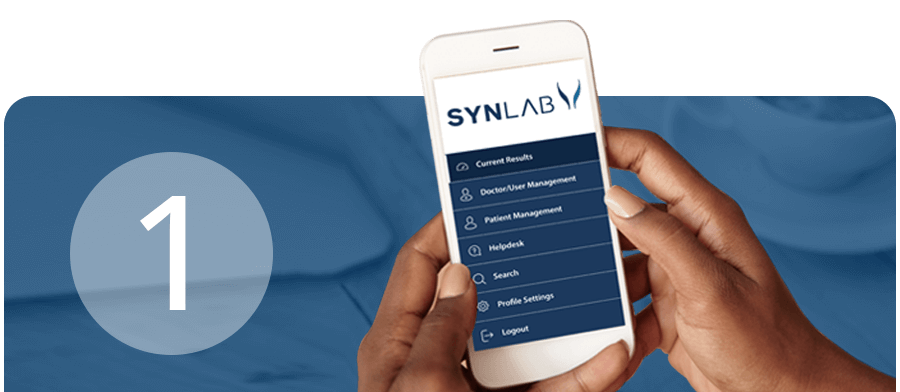
Order online
Order your test online, select, and pay for your preferred panel.
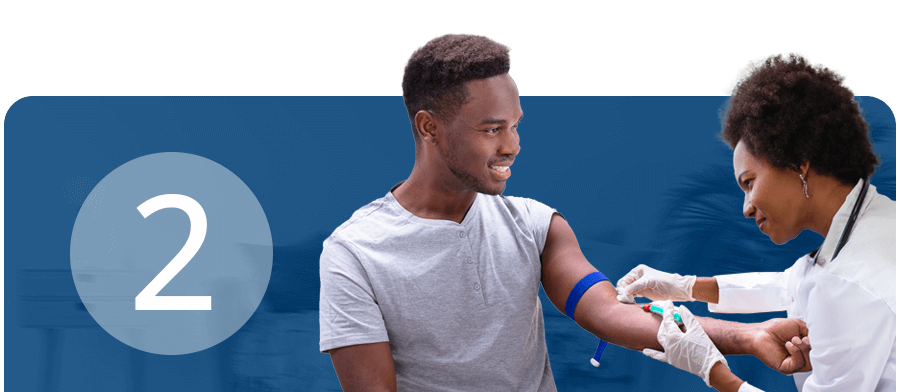
Collect your sample
Choose to have our medical team come in for home sample collection or visit a Synlab centre near you for your sample collection.
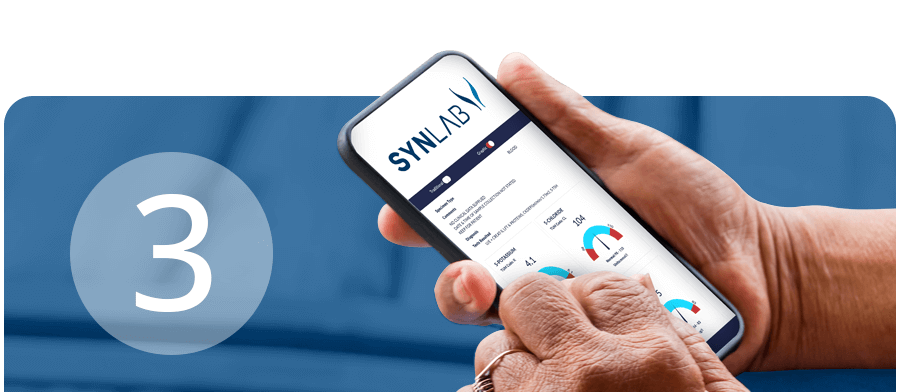
Review accurate results
Accurate and confidential results are available on your secure online Pathprovider account. You will get notified as soon as your results are available.

Get medical support
If you have any queries, please contact our 24-hour customer support centre at +234 700 7284 2273.
STI STATISTICS
5X
Osteoporosis occurs five times more often in women than in men.
1 in 2
One in two women over the age of 60 years will experience at least one fracture due to osteoporosis.
1 in 5
Men will experience osteoporotic fractures in their lifetime.
Osteoporosis is a condition in which the bones become thin, brittle, and weak. These changes can increase the risk of fractures.
When a woman reaches menopause — which causes menstruation to slow and eventually stop — their estrogen and progesterone levels decrease. These hormones influence bone health, and lower quantities can lead to lower bone density. Reduced bone density can eventually lead to osteoporosis.
There are typically no symptoms in the early stages of bone loss. But once your bones have been weakened by osteoporosis, you might have signs and symptoms that include:
- Back pain caused by a fractured or collapsed vertebra
- Loss of height over time
- Shortness of breath (smaller lung capacity due to compressed disks)
- Change in posture (stooping or bending forward)
- A bone that breaks much more easily than expected
Causes of postmenopausal osteoporosis:
Postmenopausal osteoporosis generally develops after menopause, when estrogen levels drop precipitously. These changes lead to bone loss, usually in the trabecular (spongy) bone inside the hard cortical bone.
We do not know the exact cause of osteoporosis. However, we do know how the disease develops. Your bones are made of living, growing tissue. An outer shell of dense bone encases trabecular bone, a sponge-like bone. When a bone is weakened by osteoporosis, the “holes” in the “sponge” grow larger and more numerous, weakening the internal structure of the bone.
Risk factors for developing osteoporosis include:
Advanced age
Osteoporosis frequently occurs in those over age 65.
Gender
Women are four times more likely to develop osteoporosis than men
Heredity
Family history of osteoporosis or fracture on the mother’s side.
Personal history
If you experience any type of bone fracture after you turn 45, your chances of having osteoporosis will increase.
Race
Caucasian and Asian women are at greater risk.
Blood type
Menstrual history
Normal menopause increases the risk of osteoporosis, and early menopause can exacerbate this risk.
Lifestyle
Risk factors include calcium and/or vitamin D deficiency, little or no exercise, alcohol abuse, smoking, and consuming too much cola/soda.
Frequently Asked Questions
If you are still unsure about this test, here are some questions that we usually get asked.
Still need answers?
What is the link between osteoporosis and menopause?
Estrogen, a female hormone, protects against bone loss. After menopause, the ovaries produce very little estrogen. This decrease in estrogen triggers a period of rapid bone loss in women that starts one year before the final menstrual period and lasts for about three years. The natural effects of ageing on bones may also contribute to this bone loss.
How can osteoporosis be prevented?
Lifestyle plays a key role in preventing osteoporosis. Exercise, a healthy diet, and not smoking can help keep your bones strong and healthy throughout your life.
When should I see a doctor?
If you experience severe discomfort in any of the common locations for osteoporotic bone damage ( spine, hip, distal radius, humerus, pelvis, ribs, ) it could indicate an unexpected or unidentified fracture. You should seek medical evaluation as soon as you notice this type of pain.
Benefits
When you get your test done with SYNLAB, you have access to our benefits.
Customer-centric reporting
PathProvider gives you direct access to all of your test results and reports across all your devices without having to leave your home.
Benefits of being a PathProvider registered user
- Your profile is a secure personal space
- Access your results any time, any day, all year round
- Results can be checked on any smartphone, computer, or tablet
- All your previous results are archived on your profile
- Set your notification preferences when results are ready. Choose email or SMS.
- Not a doctor? Switch to the popular ‘graphic view’ and get to understand your results.
- You can share or print your results directly from your profile.
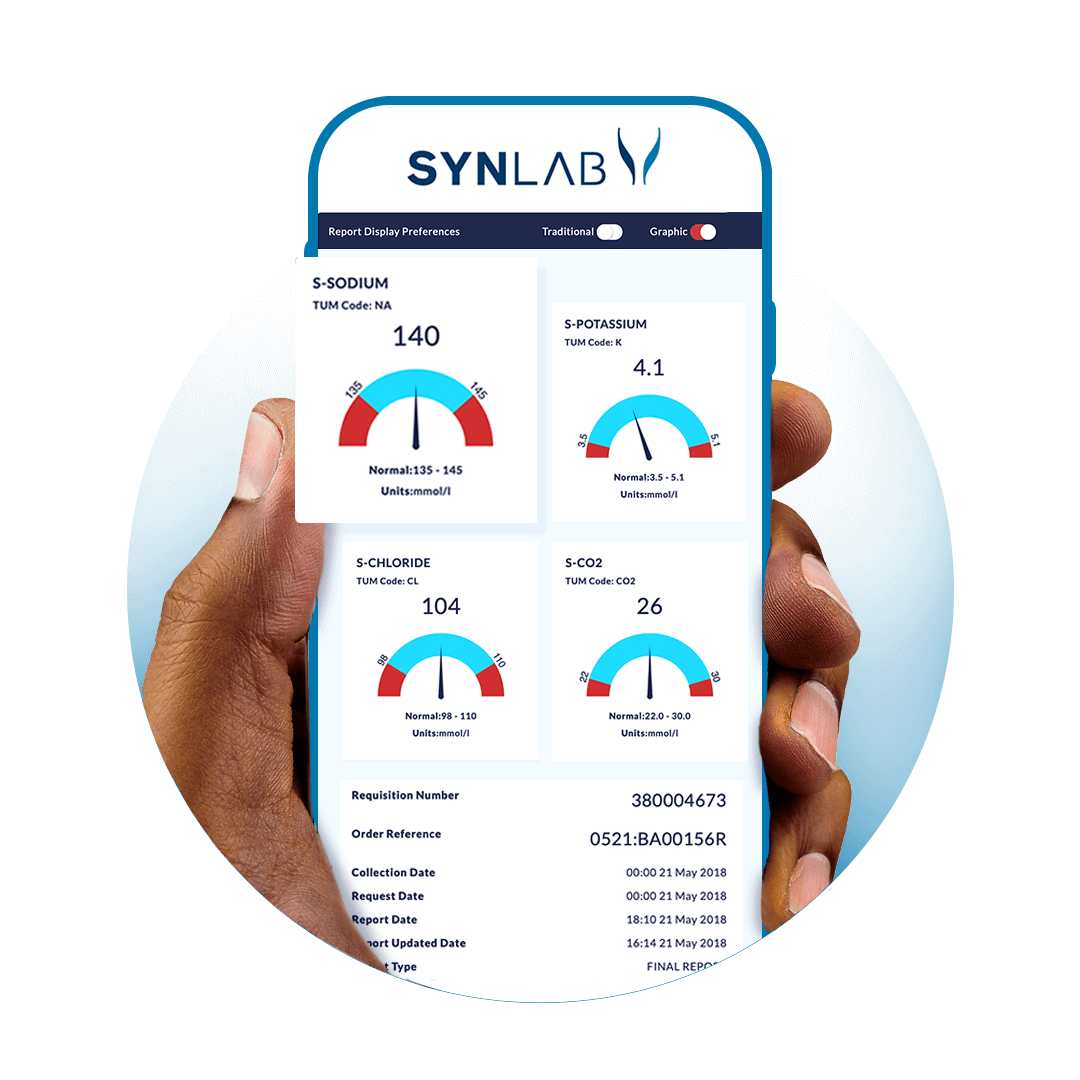

Choose home collection.
Get complete convenience
Get your results as they become available online.
You can choose to get your entire family tested in the comfort of your own home. Choose a day and a time that is convenient for you, and we’ll send one of our trained professionals to your door.
No more sitting in traffic. Now you can manage your health in the comfort of your own home.
Total confidence.
Award-winning medical diagnostics
Accuracy of results, reliability, trust, and quick turnaround time.
We are audited by an external body which ensures that we implement the highest ethical standards and international best practices.
SYNLAB was awarded the 'Private Laboratory Service Provider of the Year' in Nigeria award by the Nigeria Health Excellence Awards (NHEA).
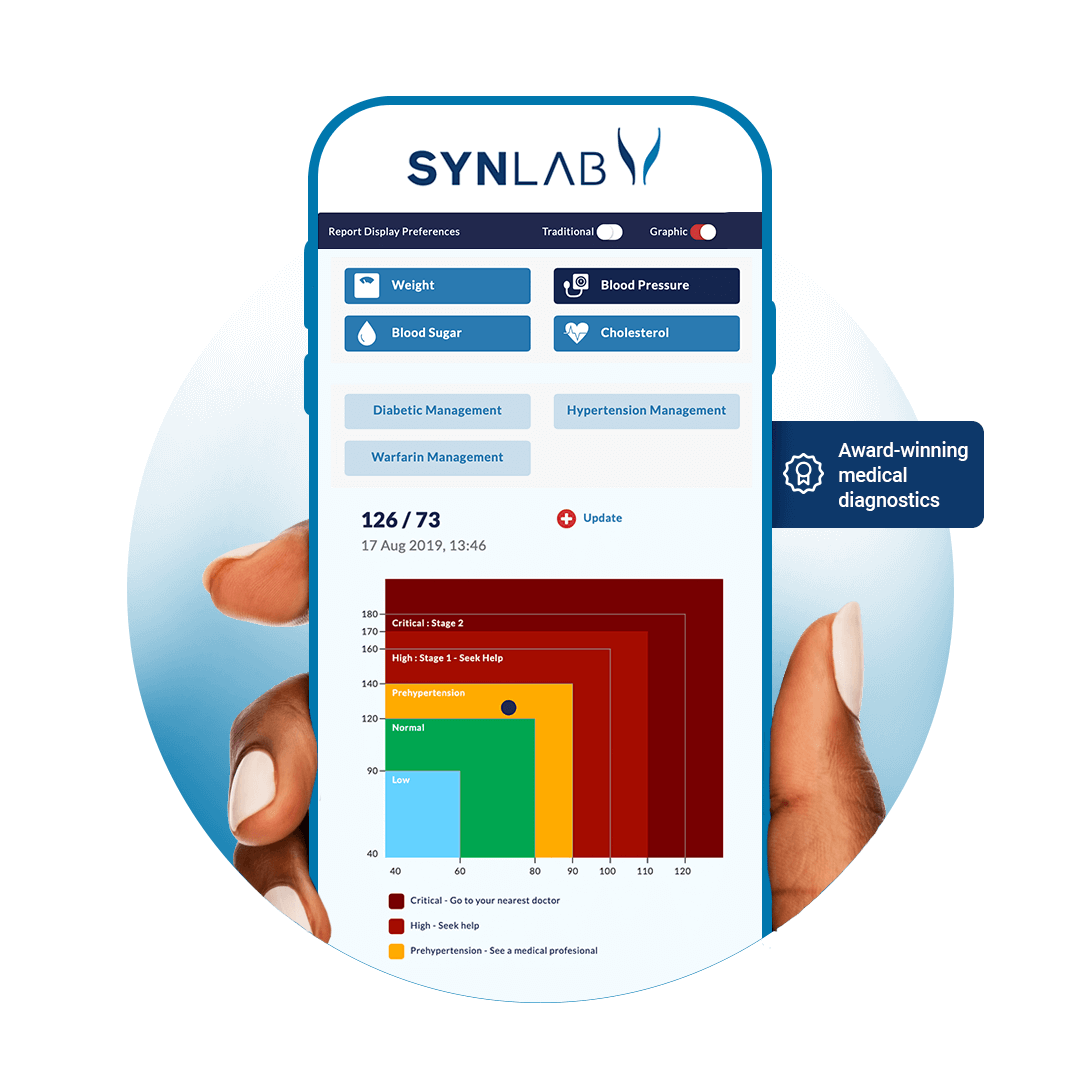
Select the test that’s right for you
This panel gives insight into the hormonal changes that may indicate a transition into and the attainment of menopause.
Our most advanced wellness panel. It gives a detailed assessment of liver function and structure, kidney structure and function, diabetes mellitus, thyroid function, bone health, blood disease, risk of heart and blood vessel disease, Immunity, urinary tract health, and illnesses associated with chronic inflammation.
It also checks for cervical and colon cancer.
Our most advanced wellness panel. It gives a detailed assessment of liver function and structure, kidney structure and function, diabetes mellitus, thyroid function, bone health, blood disease, risk of heart and blood vessel disease, immunity, urinary tract health, and illnesses associated with chronic inflammation.
It also checks for colon cancer and the risk of prostate cancer.
A once-in-a-lifetime comprehensive genetic test to determine life-long individual drug compatibility.